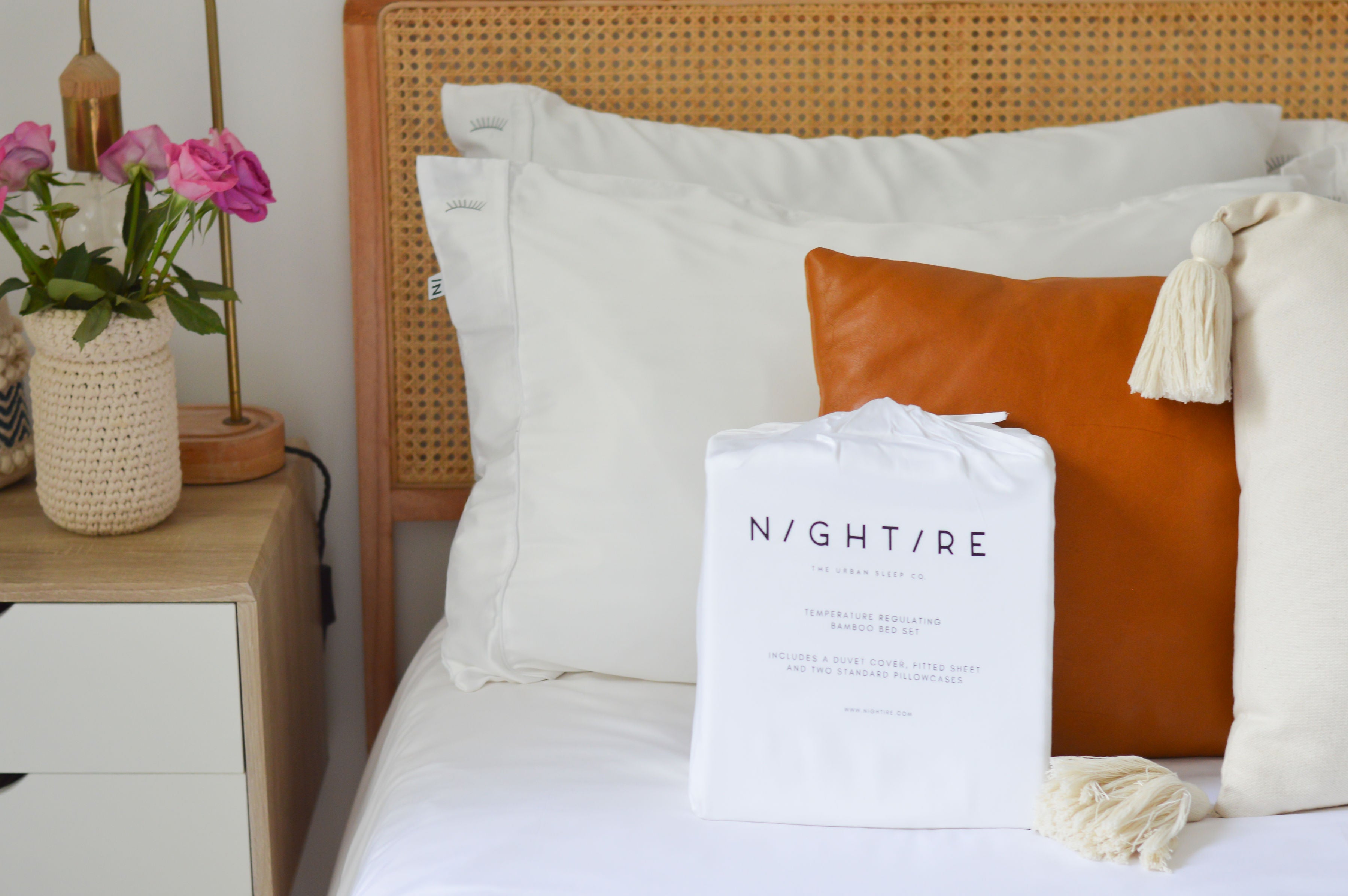Food to eat (and avoid) for better sleep

We all require sleep to function properly as humans, and the quality of our sleep can significantly impact our health and well-being. While there are various factors that can impact our sleep (stress levels, light exposure, temperature etc), the food we consume is one of the most significant ones. What we eat, and when we eat it, can either promote or hinder our ability to fall asleep, and also the quality of sleep we have throughout the night.
What to Eat for Better Sleep: foods that contain tryptophan can aid in the production of serotonin, which helps promote sleep. Some examples of tryptophan-rich foods include poultry, dairy products, nuts, and seeds. Foods that contain magnesium, such as leafy greens, whole grains, and nuts, can also aid relaxation and better sleep. Other foods that may support a great snooze include cherries, kiwis, and bananas, which contain melatonin, a hormone that regulates sleep.
Foods to Avoid: While some foods can promote better sleep, there are also others that should be avoided. High-fat foods can interfere with the digestive system, leading to discomfort, which can hinder sleep. Spicy foods may also cause heartburn, which can be disruptive to sleep. Caffeinated beverages, including coffee, tea, chocolate and soft drinks, should be avoided in the evening (or I would even go so far as to say avoid from mid day), as the stimulant effects can keep you awake. Finally, alcohol should also be avoided before bedtime, as it can interrupt sleep quality (alcohol is known to stop you from getting those much longed for REM sleep sections).
The food we eat plays a crucial role in our ability to fall asleep and the quality of our sleep. Consuming foods that contain tryptophan, magnesium, and or melatonin, can aid in promoting relaxation and better sleep. In contrast, high-fat and spicy foods, caffeine and alcohol, can hinder sleep quality. By being mindful of the foods we consume and when we consume them, we can improve the quality of our sleep and overall health.
Written by Nina Clark



